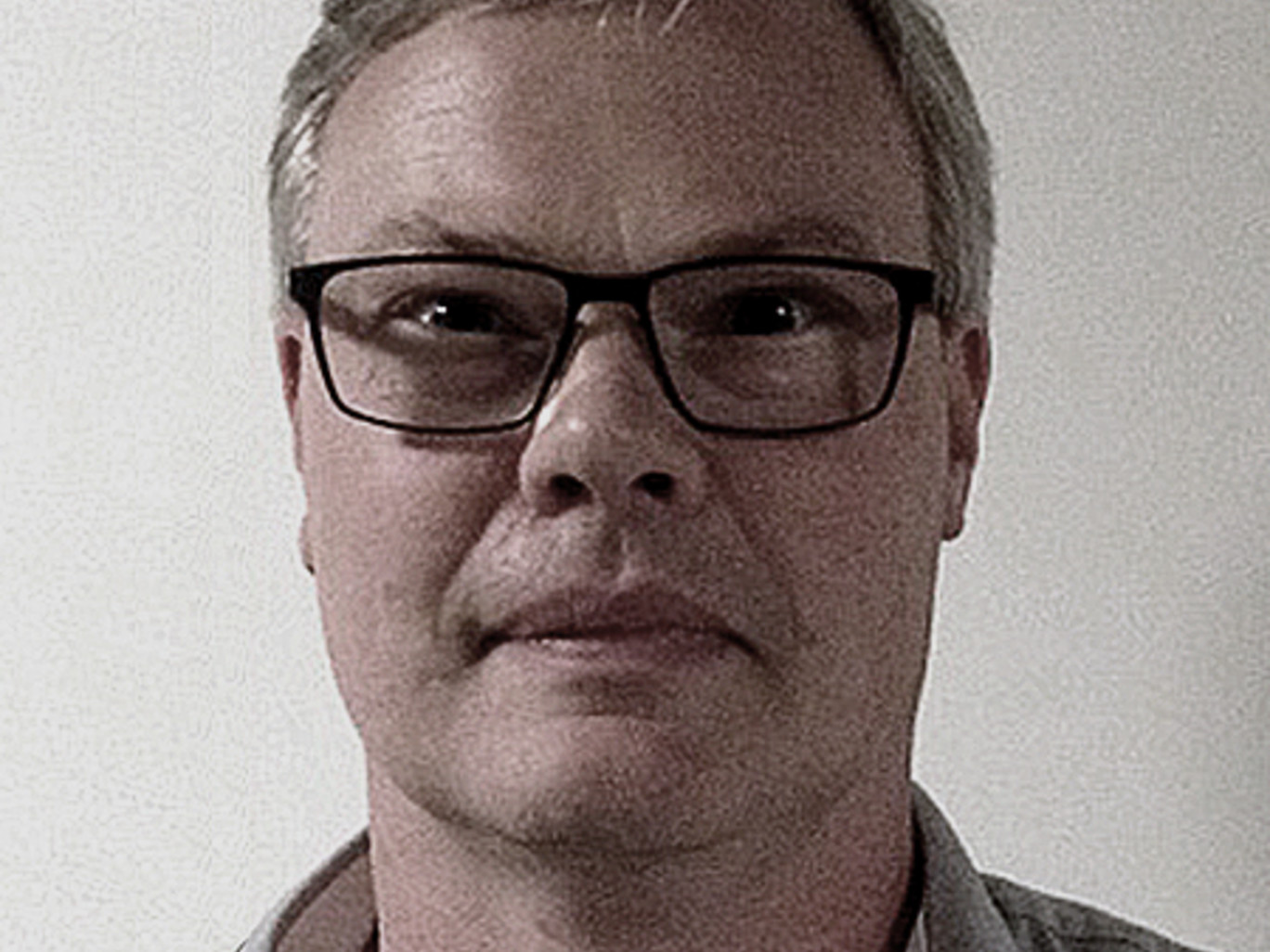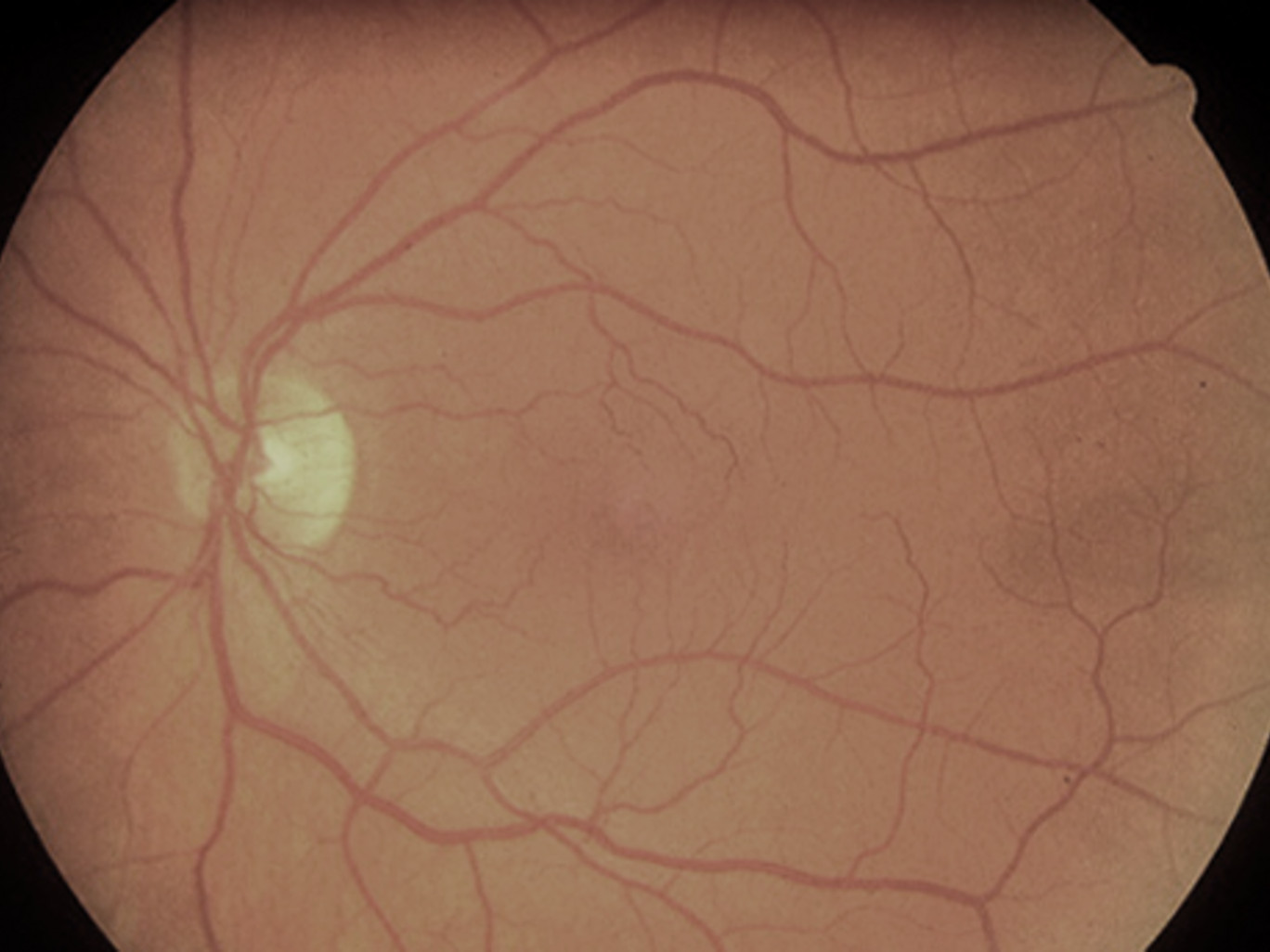New funding focuses on ophthalmology research

25 May 2018
Three younger researchers will, through research respectively in Antarctic icefishes, MFAP4 and photoreceptors, enlighten us on eye disorders.
VELUX FONDEN has just granted a total of DKK 6.2 million for three eye research projects – the research will be conducted at Aarhus University, the University of Southern Denmark and the Kennedy Center, Rigshospitalet.
Behind the three projects are three postdocs: Henrik Lauridsen will study extreme retinal neovascularization in Antarctic icefishes, Bartosz Pilecki will study the role of microfibrillar-associated protein 4 (MFAP4) in retinal fibrosis and Pietro Farinelli, who will study vision loss in Bardet-Biedl Syndrome: a proteostatic therapeutic approach.
DKK 6 million for postdoctoral fellowships
VELUX FONDEN has funded DKK 6 million in 2018 for postdoctoral fellowships for younger eye researchers.
We expect to advertise funding for postdocs again by the end of 2018 with application deadline in early February 2019.
For many years VELUX FONDEN has funded the work of both younger and elderly eye researchers. The three new grants are part of the funding for skilled postdocs who have obtained a PhD degree within the last 5 years.
Since 2015, 11 postdocs have received funding of a total of DKK 23 million.
"We hope our funding for skilled postdocs can contribute to developing and maintaining talented researchers at the beginning of their independent research careers. This will also help to ensure a strong environment for eye research in Denmark - for the benefit of treatment and thus the quality of life for patients with eye disorders," says Lise Bonnevie, Senior Adviser for the ophthalmology grant area at VELUX FONDEN.
About the three projects
Oxygen supply to the demanding retina – extreme retinal neovascularization without retinopathy in Antarctic icefishes
DKK 2.1 million
The project investigates how retina in Antarctic icefishes has adapted to tolerate extreme degrees of neovascularization, and the implications this has for the understanding of human diseases related to retinal neovascularization.
The project will be conducted in collaboration with Cornell University.
The role of microfibrillar-associated protein 4 (MFAP4) in retinal fibrosis
DKK 2.1 million
The project investigates how the microfibrillar-associated protein MFAP4 affects scar tissue formation on cells isolated from the eye - and if the process can be reversed by blocking the function of MFAP4 in patients with diabetes. Scar tissue in the eye can lead to irreversible visual impairment and net retardation.
Link to Bartosz Pilecki at the University of Southern Denmark
Vision loss in Bardet-Biedl Syndrome: a proteostatic therapeutic approach
DKK 2 million
Bardet-Biedl Syndrome is a hereditary disease. A feature of Bardet-Biedl Syndrome is the eye disease Retinitis Pigmentosa, where a slow breakdown of photoreceptors occurs, affecting both the peripheral and the central vision.
This project investigates protein transport in and out of the photoreceptors and the importance of this for the degradation of the receptors. The project also considers whether the decomposition can be halted.

Research in mysterious blindness
Jakob Venn Nielsen is one of the postdocs who has previously received funding from VELUX FONDEN's programme that focuses on younger eye researchers.
Through the years, VELUX FONDEN has made grants to a broad range of ophthalmology projects, including basic laboratory research, epidemiological studies and clinical studies. The foundation has also funded research equipment and conferred awards to eye researchers.
